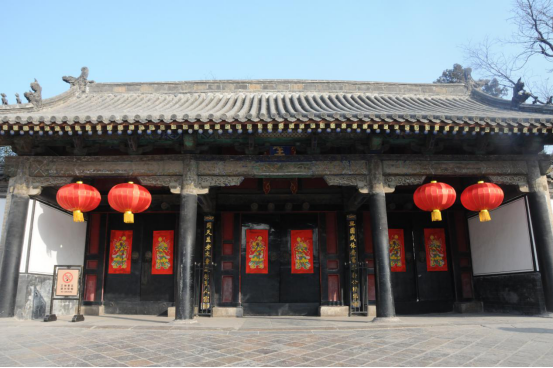Confucian Mansion
- Updated:2020-04-22 14:06

Confucian Mansion, where the eldest lineal grandson of Confucius lived, is the most ancient and best preserved surviving architectural complex of the largest scale in China. It combines official and residential function, and is known as “The First Household Under Heaven”.
After the death of Confucius and before the Song Dynasty, the eldest son and grandson lived in the old Queli residence next to the Confucian Temple, and took care of the relics of Confucius and worshiped him. The place they lived became“the residence of descendant with the inherited title”. While respecting Confucius and promoting Confucianism, emperors of all dynasties added officials and titles to Confucius’ descendants and granted land to build residence. During the Baoyuan period of the Song dynasty, Kong Zongyuan, Confucius’ grandson of the forty-six generation, was titled of “Lord YanSheng” and the magistrate of Qufu. New mansion was built, which was renamed the Mansion of Lord YanSheng.
Lords Yansheng of all generations, abiding by the ancestral precept of "handing down the poetry and the rites”, were dedicated to collecting ritual utensils and legacies from past dynasties. More than 100,000 items were collected, especially the portraits of Confucius, Lords Yan Sheng and their wives, along with the hats and clothes of Yuan and Ming Dynasties. The most famous collections of Confucian Mansion are also the documents and archives of Ming and Qing Dynasties, which are the real records of various activities of Confucian Mansion for more than 400 years, with a total of over 300,000 pieces. They are the most numerous and oldest private files in China.